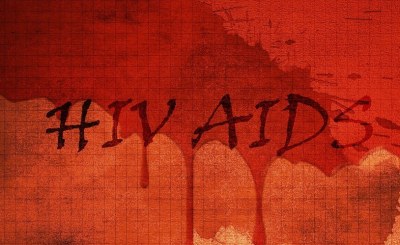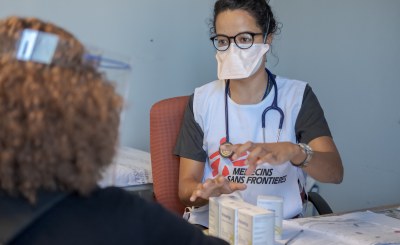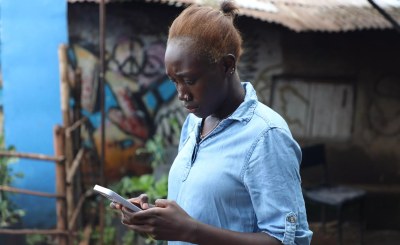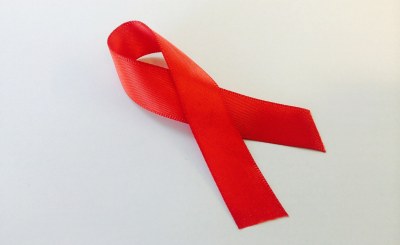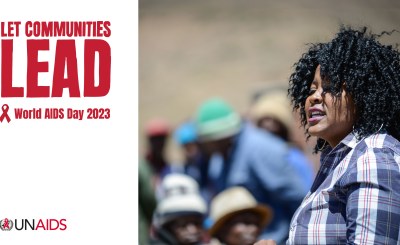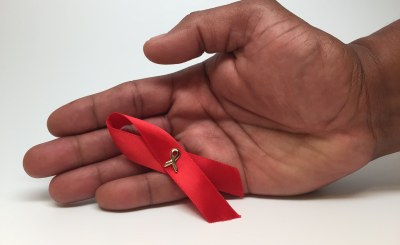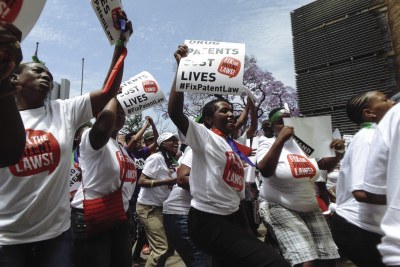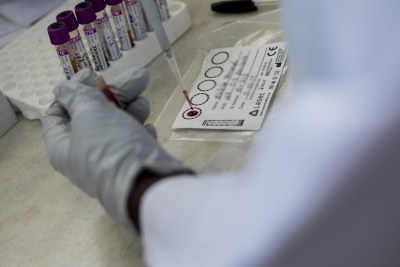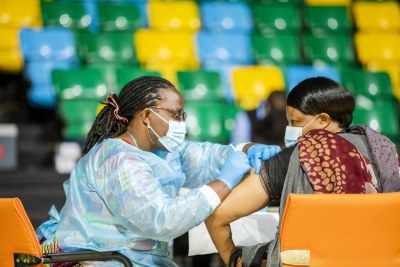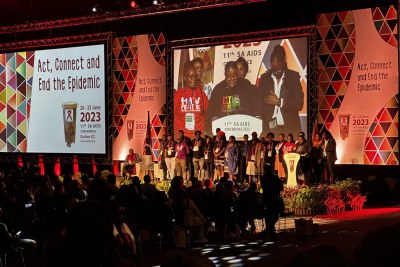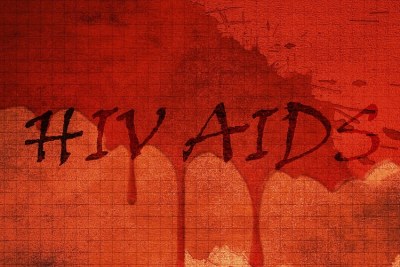-
Africa: New Research Shows Urgent Need to Remove Barriers to HIV Prevention and Treatment
Frontline Aids, 1 December 2023
A new set of HIV Prevention & Accountability reports developed by Frontline AIDS and community partners in India and nine countries in Africa show that while governments have… Read more »
#WorldAidsDay - There's Urgent Need to Invest in HIV Prevention
As Africa commemorates World Aids Day on December 1, Frontline Aids reports that a new set of HIV prevention and accountability reports, developed by community partners in India and nine countries in Africa, show that while governments have made important progress in reducing the number of people newly acquiring HIV, most are still not investing enough in HIV prevention.
Many governments are still reluctant to make much-needed changes to remove barriers to prevention methods and treatment for those most affected by HIV, including men who have sex with men, transgender people, sex workers, people who use drugs and adolescent girls and young women.
However, South Africans are reportedly living longer due to the government's dedication to HIV programmes. Antiretroviral treatment is available in most of the country's public sector clinics. In many areas, a pick-up point service allows patients to receive treatment closer to home. This is valuable for those who live far from clinics and cannot afford transport.
The World Health Organization (WHO) is joining international partners to acknowledge the resilience, dedication and innovation exemplified by community leaders and organisations in the response to the HIV epidemic. From fighting stigma and discrimination, to advocating for access to affordable interventions, and community-led services that put people with lived experience at the centre, communities have shaped the HIV response for decades.
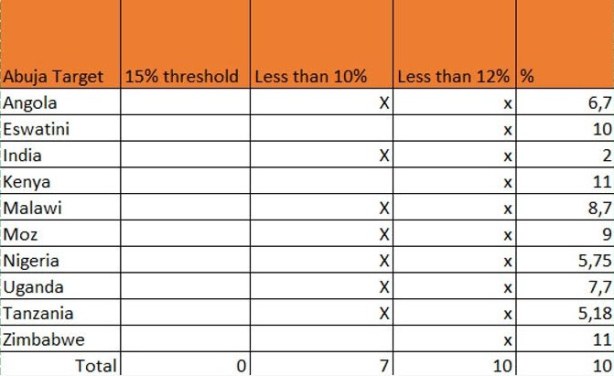
Domestic financing for HIV prevention and Abuja Declaration targets Our reports show that funding from international donors remains the highest contributor to HIV prevention in Africa, especially for programmes aimed at key population communities, such as men who have sex with men, transgender people, sex workers and people who use and inject drugs. Beyond HIV prevention, governments of all nine African countries analysed in our reports are falling far short of meeting the target to spend 15% of their national budgets on health, as set out within the Abuja Declaration. This reliance on international donors threatens the sustainability of the HIV prevention response, particularly now with international funding for HIV decreasing and a number of donor countries cutting their aid budgets, or reallocating aid to other areas. It also raises questions about each governments’ commitment to ending AIDS as a public health priority.
InFocus
-
The South African Pharmacy Council (SAPC) has been given judicial go-ahead to introduce its Pharmacy-Initiated Management of Antiretroviral Treatment (PIMART) initiative, whi Read more »
-
The World Health Organisation (WHO) has called for scaling up testing and treatment for viral hepatitis, warning that the disease could kill more people than malaria, tuberculosis, ... Read more »
-
The 194 Member States of the World Health Organization are currently negotiating the first pandemic accord. Acknowledging that the world learned many hard lessons from the Covid-19 ... Read more »
-
South Africa has the world's largest ARV treatment programme. According to estimates from Thembisa, the leading mathematical model of HIV in South Africa, around 5.7 million Read more »
-
Research and analysis by Economist Impact, conducted across 13 African countries, demonstrates that fully financing the HIV response will save millions of lives and would produce ... Read more »
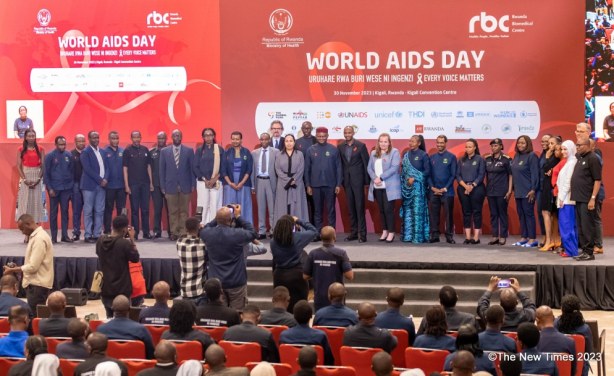
Delegates pose for a group photo as Rwanda marks World AIDS Day in Kigali, November 30.
